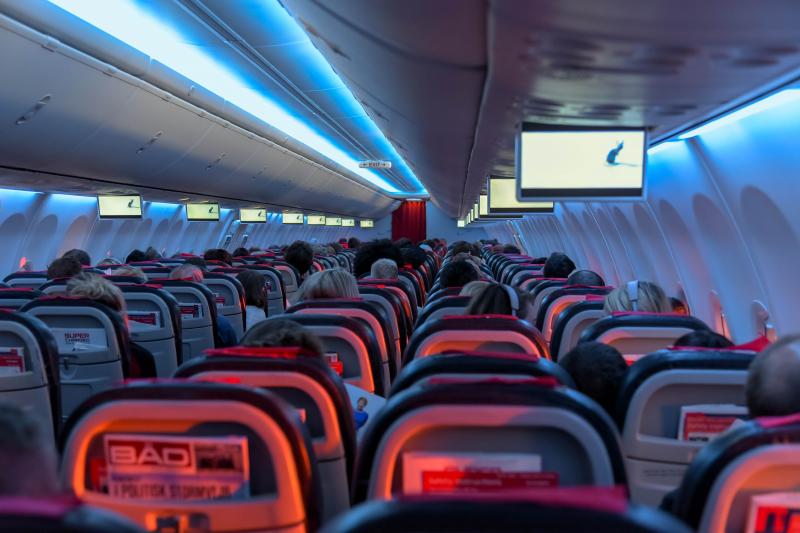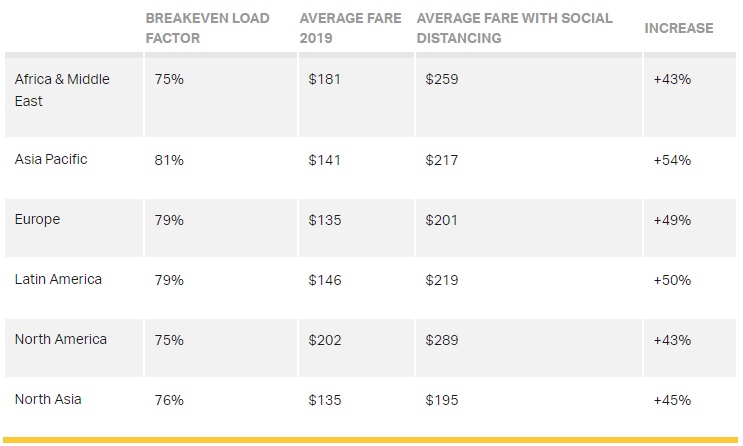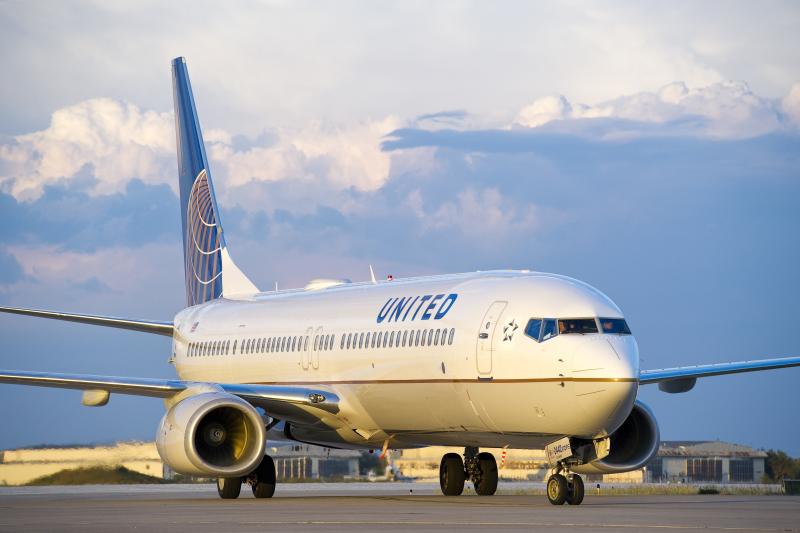The International Air Transport Association (IATA) has said it does not recommend that airlines leave the middle seats empty on flights, as they argue that such a measure offers few safety benefits and doing so, would stunt operators’ ability to turn a profit.
However, the global trade body said it would support the wearing of face coverings for passengers and crew while on board aircraft as part of a layered approach to biosecurity once people return to travelling by air.
Emirates, easyJet and Delta Air Lines have all said they plan to keep middle seats vacant once flights resume. American low-cost carrier Frontier Airlines this week announced that it would be allowing passengers to pay extra to keep a middle seat unoccupied.
IATA argues that implementing social distancing measures on aircraft would shift the economics of aviation. Through its own research, the association found that the maximum load factor on many services would drop to 62%, well below the average industry break even point of 77%.

Alexandre de Juniac, IATA’s director general and CEO argues that eliminating the middle seat would raise costs and would result in higher fares, as a consequence, “the era of affordable travel will come to an end.
“On the other hand, if airlines [cannot] recoup the costs in higher fares, [they] will go bust. Neither is a good option when the world will need strong connectivity to help kick-start the recovery from COVID-19’s economic devastation,” he added.
The trade association took a sample of 122 airlines from around the world and found that only four could break even at load factors below 62%, while the remaining 118 would become loss-making with their current pricing policies.

To break even with social distancing measures in place, IATA calculates that operators will have to increase their fares by 43-54%.
Mandating Masks
The wearing of face coverings on board flights is one measure that the trade body supports. It says the use of face coverings by passengers and masks by the crew would reduce the already low risk of contracting COVID-19 on board.
De Juniac added: “[The] evidence suggests that the risk of transmission on board aircraft is low. [We] will take measures—such as the wearing of face coverings by passengers and masks by crew—to add extra layers of protection. We must arrive at a solution that gives passengers the confidence to fly and keeps the cost of flying affordable. One without the other will have no lasting benefit.”
The evidence, which IATA admits is limited, suggests that the risks of virus transmission is low on-board aircraft even without special measures. Contact tracing carried out for a flight between China and the United States with 12 symptomatic COVID-19 passengers, revealed no onward transmission.

Communication between IATA and its members indicated similar results. A survey of 18 major airlines identified that between January and March this year, just three cases of suspected in-flight transmission occurred from passengers to crew. A further four instances were reported of apparent spread between pilots and no instances of passenger-to-passenger transmission took place.
IATA posits a number of reasons why the risk to passengers travelling by air is fairly low. They are, that travellers are facing forward and have limited face-to-face contact, that the seats themselves provide a barrier to transmission forward to back in the cabin and air flow - which moves from ceiling to floor – is also relatively low. The presence of High Efficiency Particulate Air (HEPA), which cleans the air on modern aircraft, adds to the other factors that IATA says makes air travel low risk.
Biosecurity Measures
As well as mandatory face coverings, IATA is recommending a number of additional actions to reduce the hazard for passengers. The organisation’s layered approach includes temperature screening of passengers and airport workers, boarding and deplaning processes that reduce contact with other travellers or crew, limiting movement within the cabin during flight, more frequent and deeper cabin cleaning and simplified catering procedures that lower crew movement and interaction with customers.
